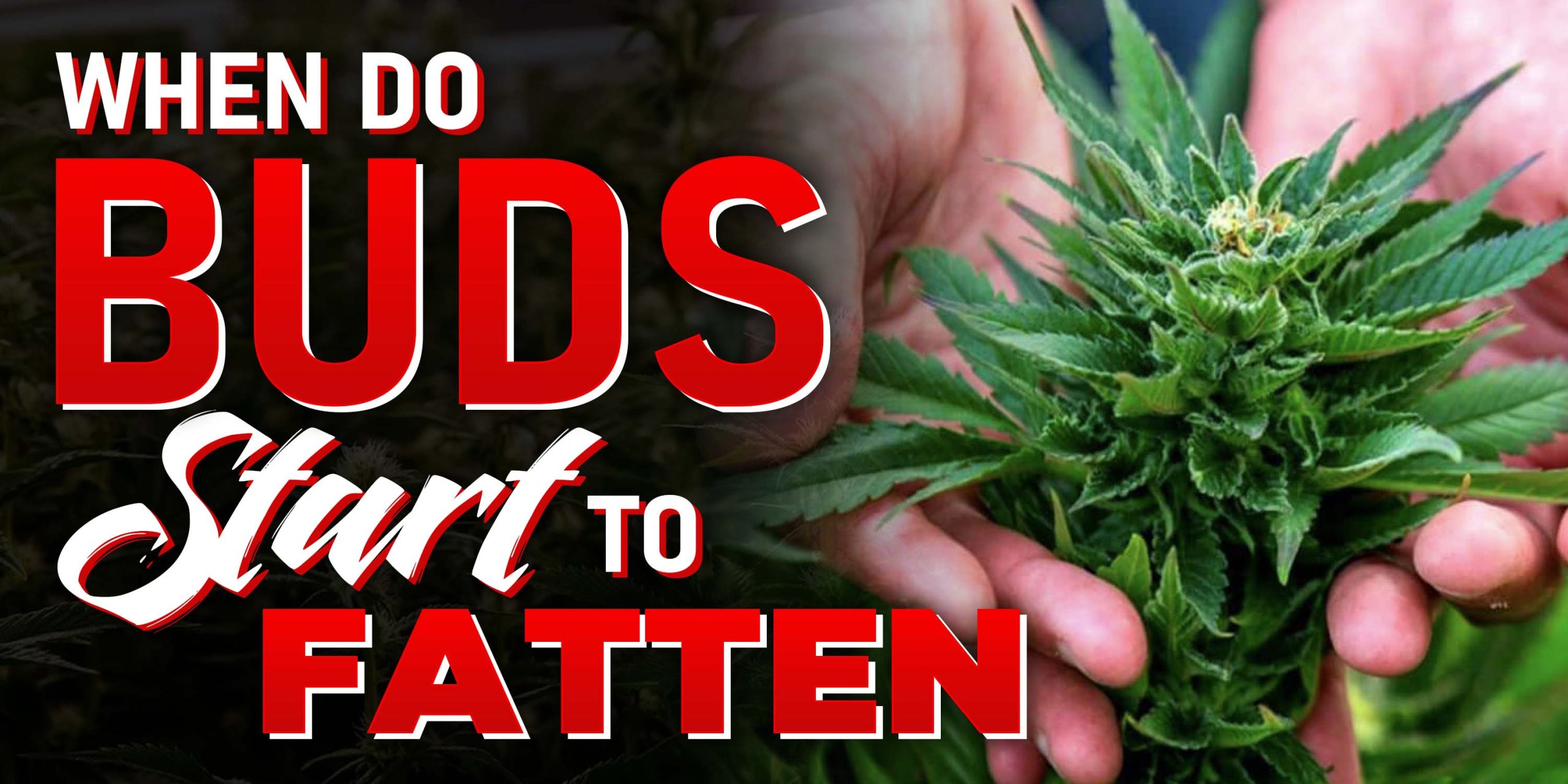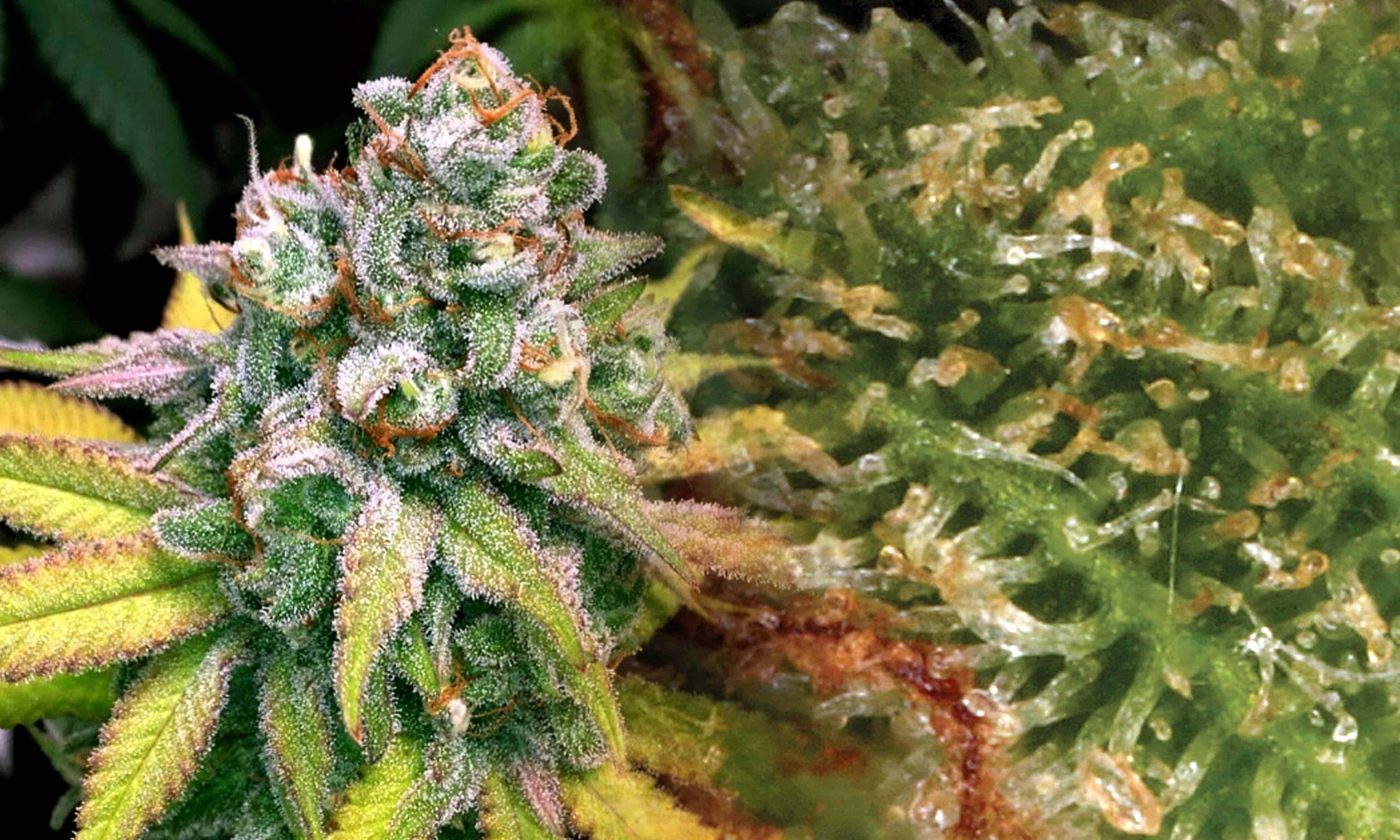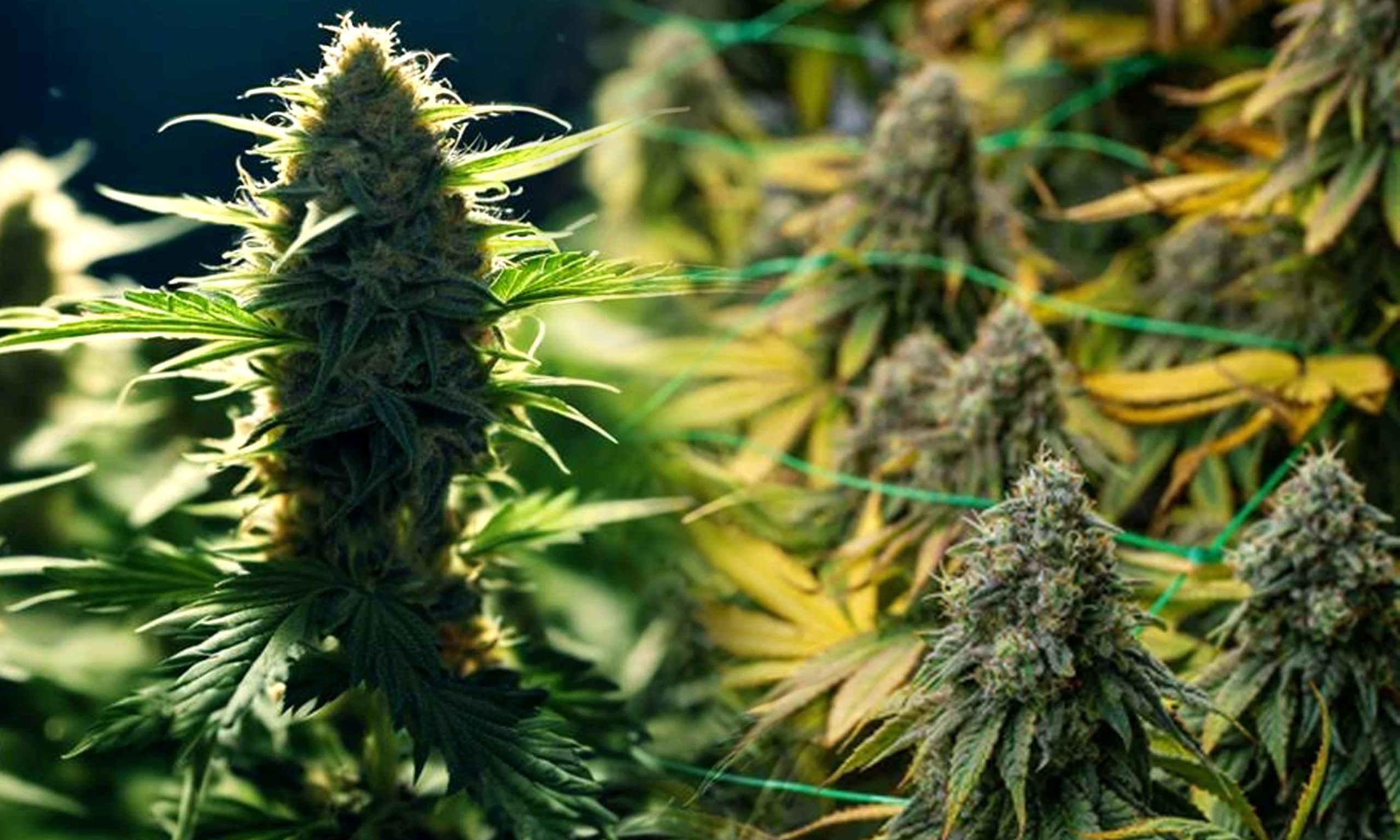Cannabis cultivation is an art process, and one of the most anticipated stages for growers is the fattening of buds. This phase signifies the transition from vegetative growth to flowering, marking the beginning of the cannabis plant’s reproduction. Understanding the nuances of bud development is essential for cultivators aiming to optimize their yields and produce high-quality cannabis. In this guide, we delve into bud fattening on when do buds start to fatten, exploring the factors influencing its timing and offering insights into best practices for fostering robust growth.
The Significance of Bud Ripening
When cannabis plants are switched to a 12/12 light cycle, they start the process to flower. This change does not happen right away. Growers need to be patient. The plants go through pre-flowering activities first. One of these activities is stretching. During this time, the plant’s energy shifts from growing leaves and stems to developing flowers.
About two to four weeks into the flowering stage, the plant’s rapid growth slows down. The focus then moves to forming buds. Small flower clusters appear at the nodes. This marks the beginning of bud development.
Timing of Bud Fattening
The timing of bud fattening in cannabis plants depends on several factors, with genetics being very important. Different cannabis strains grow differently, which affects when buds develop. Generally, buds start to fatten around the second week of flowering, but this can change based on the strain. Indica-dominant strains usually grow faster, with buds getting bulkier by the fourth week of flowering. On the other hand, sativa strains often take longer and show substantial bud development around weeks five and six. Knowing the unique traits of each strain is important for growers to predict and improve the timing of bud fattening.
Strain Variability
The cannabis market offers a wide variety of strains, each with its own genetics and growth characteristics. Autoflowering strains have become popular because they grow and produce buds quickly. These strains usually go from seed to harvest in nine to ten weeks, making them great for growers who want a fast crop. Northern Lights Auto is a well-known example of a fast-flowering strain, with buds starting to bulk up as early as the second week of flowering. However, not all autoflowering strains follow the same schedule. Growers need to research each cultivar to understand its specific growth pattern.
How To Fatten Up Buds Before Harvest
Managing nutrients effectively is crucial during the bud fattening stage to ensure healthy growth and maximize yields before harvest. During flowering, cannabis plants need specific nutrients, with potassium and phosphorus being especially important. These nutrients help create energy-rich compounds and dense, resinous buds. To meet the plant’s increased need for these nutrients, growers should adjust their feeding schedules. Using a bloom booster high in phosphorus, like PK 13/14, can give the plant the necessary nutrients for strong bud formation. However, it’s important not to overfeed, as too many nutrients can cause nutrient burn and other problems. By closely monitoring nutrient levels and making adjustments as needed, growers can create the best conditions for bud fattening and achieve excellent results.
Buds Not Fattening Up: Why?
Even with the best efforts, growers may face challenges during the bud fattening stage that can hinder optimal growth. One common issue is nutrient imbalances, where plants might have deficiencies or excesses of essential nutrients. Symptoms of nutrient deficiencies, like yellowing leaves or stunted growth, should be quickly addressed with targeted nutrient supplements. Growers also need to monitor pH levels in the growing medium, as imbalances can affect nutrient uptake and plant health. Environmental factors, such as temperature and humidity, can also impact bud development. Extreme conditions can cause stress and reduce yields. To mitigate these risks, it’s essential to maintain optimal growing conditions, including proper airflow and temperature control, to promote healthy bud growth.
Conclusion
Cultivating cannabis buds is a rewarding journey that demands patience, knowledge, and attention to detail. By understanding the cannabis growth cycle and applying best practices for bud fattening, growers can maximize yields and produce high-quality cannabis. Selecting the right strains, managing nutrients, and controlling environmental conditions are all crucial steps in achieving success. As growers refine their techniques and adapt to changing conditions, the art and science of cannabis cultivation will evolve, leading to new innovations and breakthroughs in the field.
FAQs
Q: When do buds stop growing and be ready for harvest?
A: Check the trichomes with a magnifying glass. When they turn cloudy or amber, it’s harvest time.
Q: Can I use regular plant fertilizer for my cannabis plants?
A: No, cannabis has specific nutrient needs. Use fertilizers designed for cannabis during different growth stages.
Q: Will pruning my cannabis plants increase bud size?
A: Pruning can help redirect energy to larger buds, but excessive pruning can stress the plant and reduce yields.
Q: How can I control the smell of flowering cannabis plants?
A: Invest in a carbon filter for your grow room to neutralize the odor and prevent detection.
Q: How to ripen buds faster?
A: To ripen buds faster, reduce the light cycle to 10-12 hours, lower the temperature slightly, and ensure the plants receive the right nutrients, especially phosphorus. Avoid overwatering and consider using ripening agents specifically designed for cannabis.




















